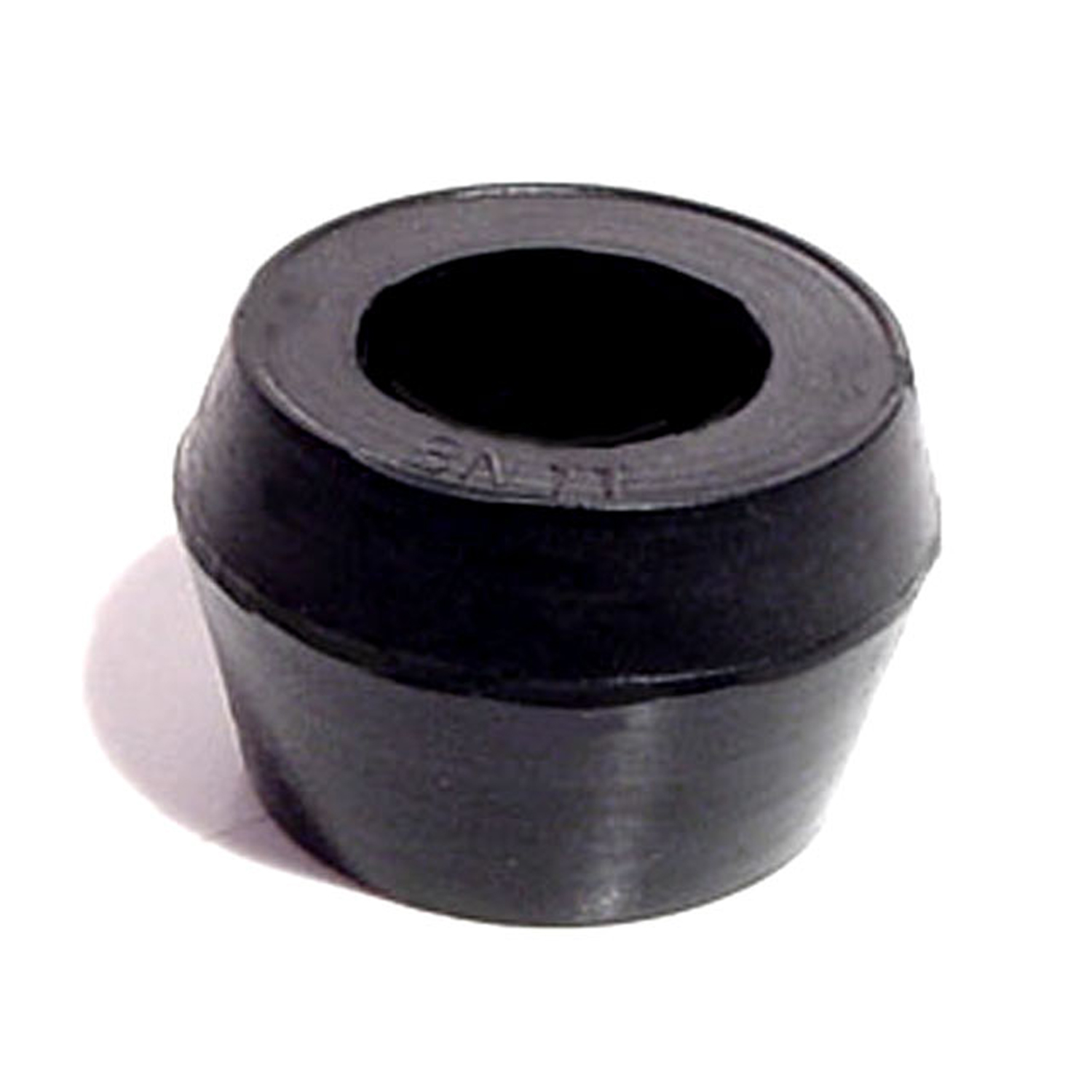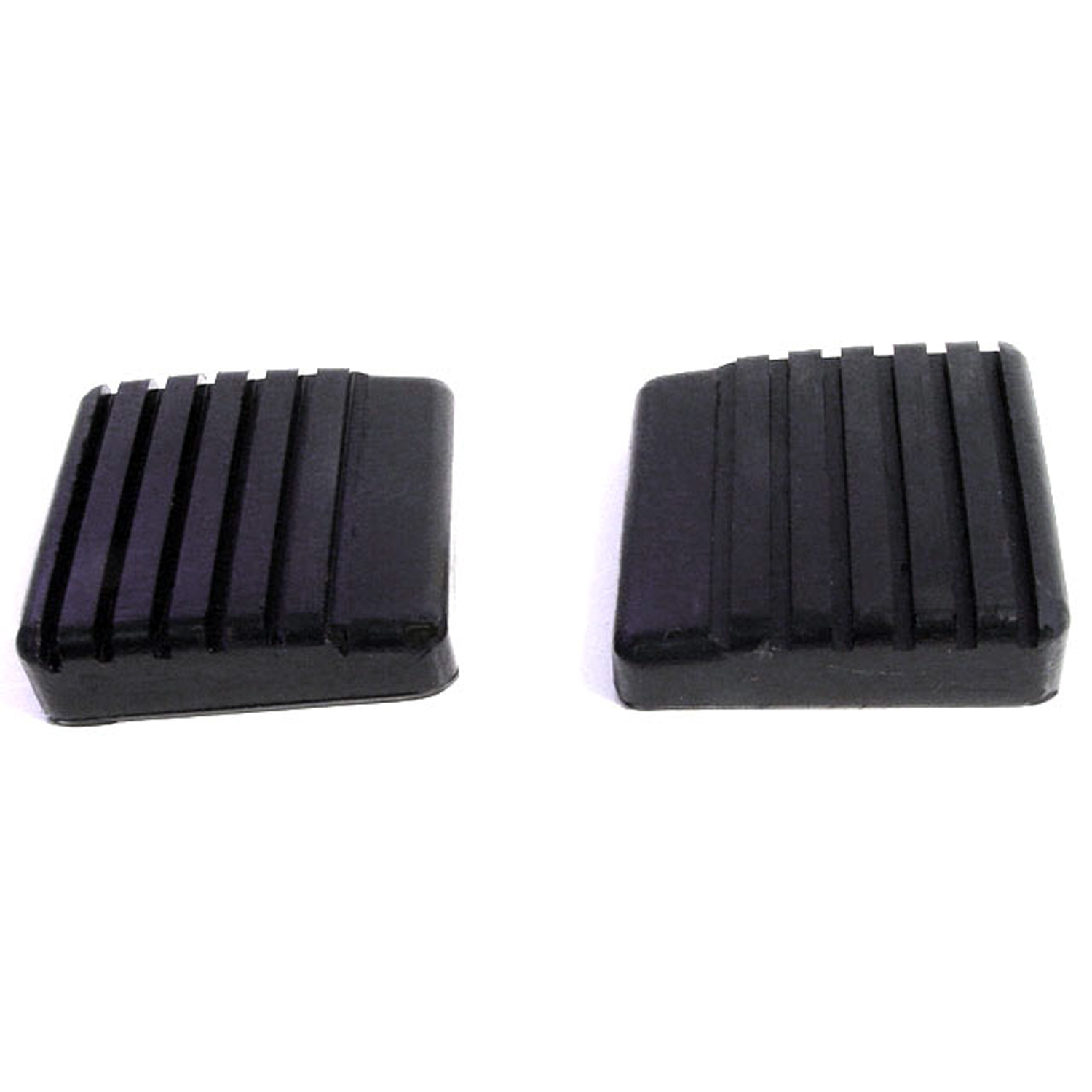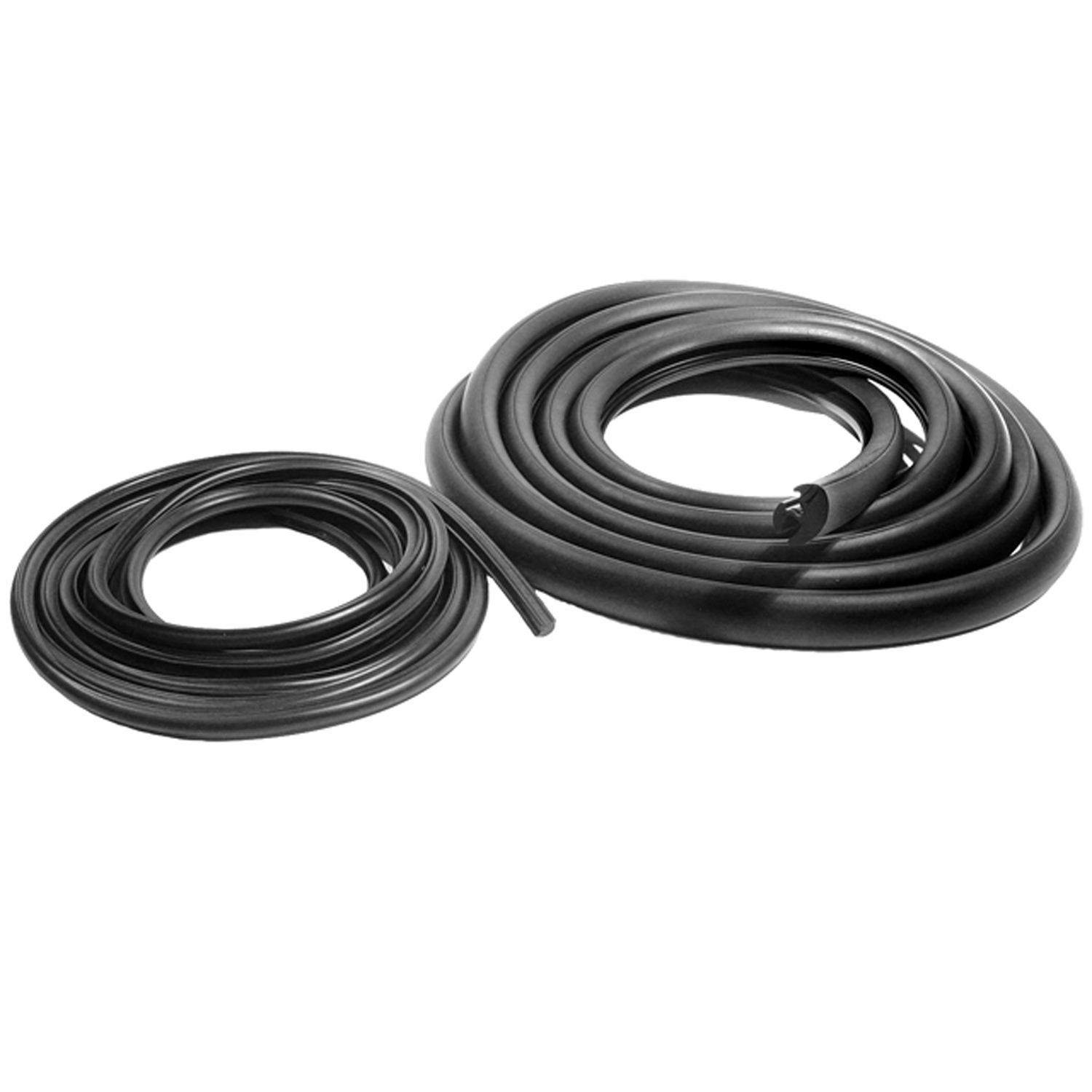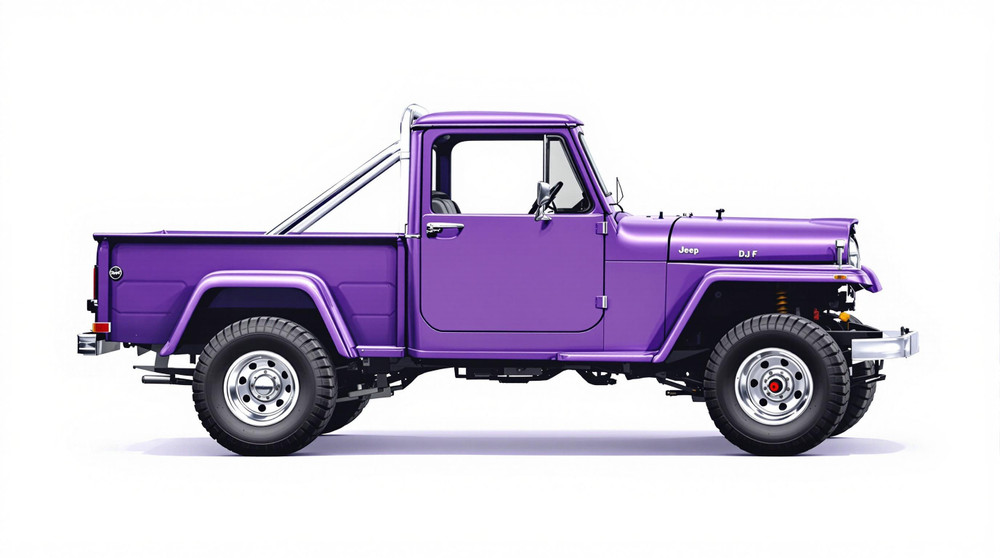Image of 1969 Jeep Dj5, Note: These illustrations use artistic license and may differ from actual historical models.
Performance Metrics
Fundamental Metrics
Emotional Appeal
MMP Rating
| Engine Specifications | |
|---|---|
| Engine: | Inline-4 |
| Displacement: | 153 cu in (2.5 L) |
| Horsepower: | 60-75 hp |
| Torque: | 90-100 lb-ft |
| Compression Ratio: | 8.5:1 |
| Ignition System: | Distributor with points |
| Cooling System: | Liquid-cooled |
| Performance Specifications | |
| 0-60 Time: | Estimated 20-25 seconds |
| 1/4 Mile Time: | Not available |
| Top Speed: | 60-65 mph |
| Transmission and Drive | |
| Drive Type: | Rear-wheel drive |
| Transmission Type: | 3-speed manual |
| Fuel and Efficiency | |
| Fuel System Type: | Carburetor |
| MPG: | Estimated 15-20 mpg |
| Dimensions and Brakes | |
| Brakes: | Drum brakes |
| Wheelbase: | 81 in (2,057 mm) |
| Weight: | 2,500 lbs (1,134 kg) |
Note: Specifications for classic cars are given to the best of our ability, considering the limited and variant data available.
The Unassuming Icon: The 1969 Jeep DJ5
The 1969 Jeep DJ5 may not have the immediate cachet of some of its contemporaries, but this workhorse has carved out a unique place in automotive history. Born from the partnership between Jeep and American Motors Corporation (AMC), the DJ5 was designed as a compact, efficient delivery vehicle. It quickly became an American icon, most notably as the trusty steed of the United States Postal Service. The DJ5's utilitarian charm and reliability made it a fixture on American roads, and its role in mail delivery has become a beloved chapter in the story of the nation's communications.
Design and Innovation
With its boxy silhouette and functional design, the 1969 Jeep DJ5 was built for purpose rather than panache. Its exterior styling was straightforward, with a flat grille, round headlights, and a no-nonsense body that prioritized accessibility and cargo space. Inside, the DJ5 was spartan, with durable materials that could withstand the rigors of daily use. Technological features were minimal, as the focus was on reliability and ease of repair. Color options were typically limited to those suitable for fleet vehicles, with white being a popular choice for its clean, professional look. The most iconic body style was the soft-top version, which allowed for easy access to mail and packages during delivery rounds.
Historical Significance
The 1969 Jeep DJ5's historical significance lies in its ubiquity and service rather than groundbreaking innovation. It represented a commitment to practicality and serviceability that set it apart from more consumer-oriented vehicles of the era. Its lasting influence can be seen in the design of modern delivery vehicles, which continue to prioritize functionality over form.
Performance and Handling
Performance was modest by today's standards, with acceleration and top speed taking a backseat to dependability. However, the DJ5 was nimble and capable in urban environments, its compact size allowing it to navigate tight spaces with ease. The ride was utilitarian, with handling that favored function over comfort. Drivers could expect a straightforward driving experience, with the distinctive hum of its four-cylinder engine serving as a constant companion.
Ownership Experience
The 1969 Jeep DJ5 found its niche as a delivery vehicle but also gained popularity among private owners for its simplicity and reliability. Maintenance was generally straightforward, making it an accessible option for the average owner who valued practicality. Its robust construction meant that many DJ5s lasted well beyond their expected service life.
Fun Facts
The DJ5 has had its share of interesting trivia over the years. While not known for speed or luxury, it has the distinction of being one of the few vehicles to be immortalized in toy form by Matchbox cars. It also served as an unlikely backdrop in numerous films and TV shows, often seen delivering mail in American neighborhoods. Despite some criticisms over its bare-bones comfort and amenities, the DJ5 remains a beloved piece of Americana.
Collector's Information
Today, the 1969 Jeep DJ5 holds a special place in the hearts of collectors who appreciate its service history and unique character. While exact production numbers are hard to come by, it's clear that these vehicles were produced in significant quantities for fleet use. As for value, well-maintained examples can fetch a wide range depending on condition and originality, with particularly pristine models commanding premium prices. The market trend for the DJ5 appears to be one of slow appreciation as nostalgia for classic utility vehicles grows.
Conclusion
The 1969 Jeep DJ5 may not have been the flashiest vehicle of its time, but its legacy is one of steadfast service and enduring charm. Its design was a testament to function over form, and its role in American postal history cements its place as an automotive icon. For collectors and enthusiasts alike, the DJ5 is a reminder that sometimes the most unassuming vehicles are the ones that leave the most lasting impressions.
1969 Jeep Dj5 Catalog of Parts
 1969 Jeep DJ5 Shock Absorber Grommet. 1" bottom O.D-BN 11Shock Absorber Grommet. 1" bottom O.D., 3/4" high, with 5/8" I.D. Each
1969 Jeep DJ5 Shock Absorber Grommet. 1" bottom O.D-BN 11Shock Absorber Grommet. 1" bottom O.D., 3/4" high, with 5/8" I.D. Each 1969 Jeep DJ5 Clutch and Brake Pedal Pads. Pair-CB 61-BClutch and Brake Pedal Pads. Pair
1969 Jeep DJ5 Clutch and Brake Pedal Pads. Pair-CB 61-BClutch and Brake Pedal Pads. Pair 1969 Jeep DJ5 Vulcanized Windshield Seal with Lock-Strip. 144" Long each-VWS 1105Vulcanized Windshield Seal with Lock-Strip. 144" Long each. Each
1969 Jeep DJ5 Vulcanized Windshield Seal with Lock-Strip. 144" Long each-VWS 1105Vulcanized Windshield Seal with Lock-Strip. 144" Long each. EachWhy Choose Metro?
For over 100 years, Metro Moulded Parts has been the pinnacle of quality in classic car restoration parts. Our commitment to precision and authenticity in every component ensures a perfect fit and an OEM-level appearance.
- Expert Craftsmanship & Quality: Each part is a testament to our dedication to reliability and perfection, crafted from original designs and thoroughly tested.
- Advanced Technology: We use cutting-edge techniques to create flawless, long-lasting parts that surpass others in performance.
- SuperSoft Sponge – The Ultimate Door Seal: Not only are our door seals 30% softer than competitors', but they're also guaranteed to never leak. They effectively reduce wind and road noise, enhancing your classic car's comfort and driving experience.
- Proudly American: Our parts are a product of American craftsmanship, made in the USA with a spirit of excellence and heritage.
- Unrivaled Warranty: We back our products with a 30-year industry-leading warranty, a testament to our confidence in their quality.
Join us in preserving the legacy of classic cars with parts that are crafted for perfection, not just made.

